
Breast Cancer News
Advertisement
AI-enhanced HER2 scoring improves accuracy and may expand patient access to HER2-targeted therapies in breast cancer care.
Dr. Kelly McCann reviews sequencing and emerging therapies in HR-positive, HER2-negative metastatic breast cancer.
Dr. Kelly McCann of UCLA details HER2-positive breast cancer sequencing and toxicity management.
Dr. Kelly McCann discusses evolving treatment sequencing strategies in metastatic triple-negative breast cancer.
Top research highlights from ESMO Breast Cancer 2025 showcase advances in treatment and care for patients with breast cancer.
Dr. David Waterhouse shares how clinical trials can be decentralized to better serve patients in community settings.
AI-assisted platform boosts accuracy in identifying HER2-low breast cancer, improving access to targeted therapies.
Cross-resistance data raise questions about sequencing ADCs in mBC; Dr. Lustberg discusses real-world outcomes and next steps
FDA authorizes CLAIRITY BREAST, the first AI tool to predict 5-year breast cancer risk from screening mammograms.
OncoPRO is advancing ePRO use in oncology through integration tips, EOM alignment, and improved patient outcomes.
ASCO 2025 study reveals gaps in fertility counseling and awareness among patients with cancer who are of reproductive age.
New drugs like vepdegestrant and oral SERDs may reshape HR+ breast cancer treatment with novel mechanisms and CDK4/6 combos.
Dr. David Waterhouse discusses geographic barriers to TNBC trials for Black women and the case for decentralized research.
DESTINY-Breast09 shows promising PFS with T-DXd + pertuzumab vs THP in HER2+ MBC, but safety and sequencing raise questions.
TVEC plus chemo shows promise in early TNBC, boosting immune response and survival with favorable safety profile.
Dr. Patt discusses how AI is transforming oncology care, and how to implement it responsibly and effectively.
Dr. Sammons on RLY-2608 plus fulvestrant in HR+/HER2– mBC with PIK3CA mutations: safety, efficacy, and trial updates.
Dr. Shatsky weighs DESTINY-Breast09 findings and highlights the need to balance efficacy with long-term quality of life.
Emi-Le ADC shows promising activity in B7-H4–positive TNBC and endometrial cancer with a novel auristatin payload.
INAVO120 shows OS benefit with inavolisib in PIK3CA-mutated HR+/HER2– aBC, raising new considerations for first-line care.
Advertisement


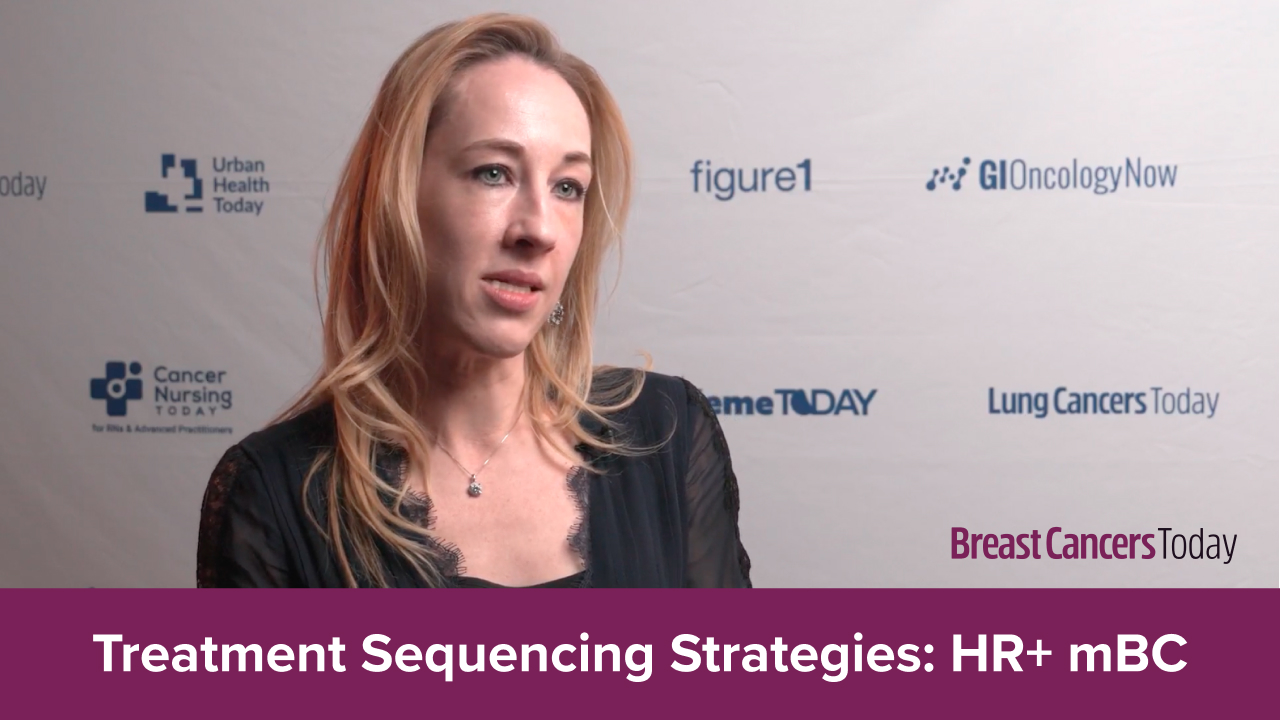
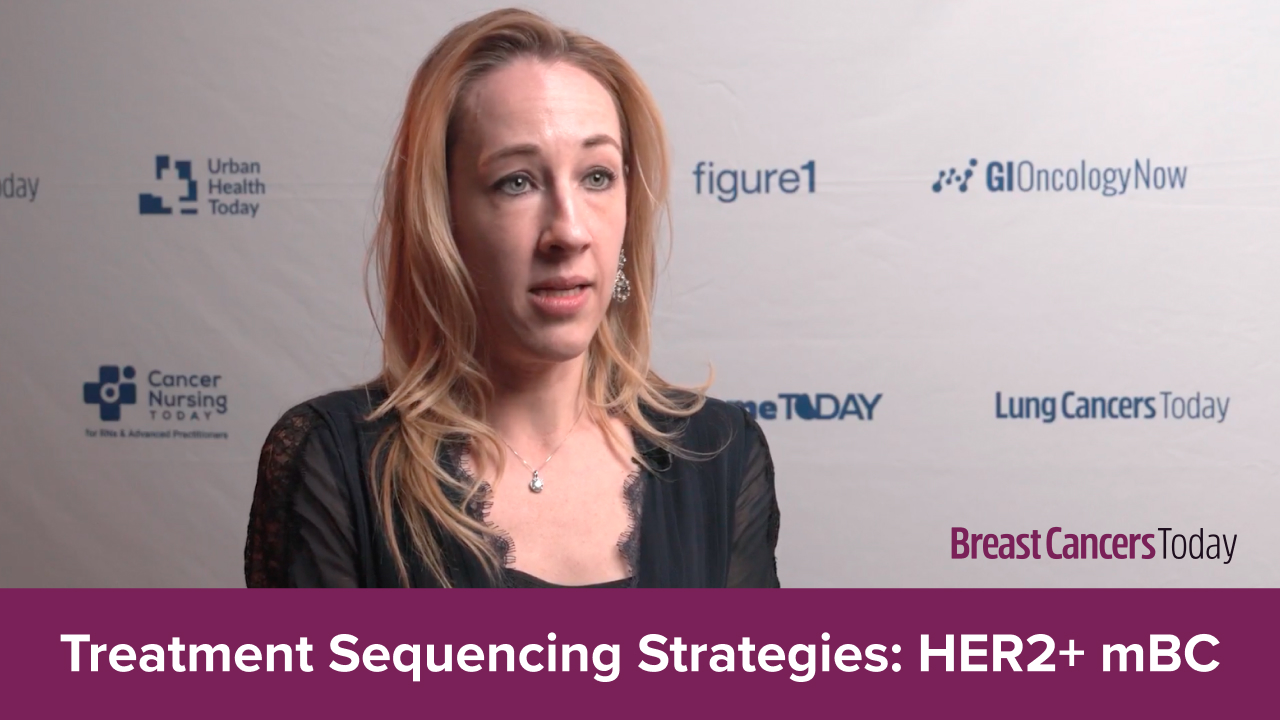
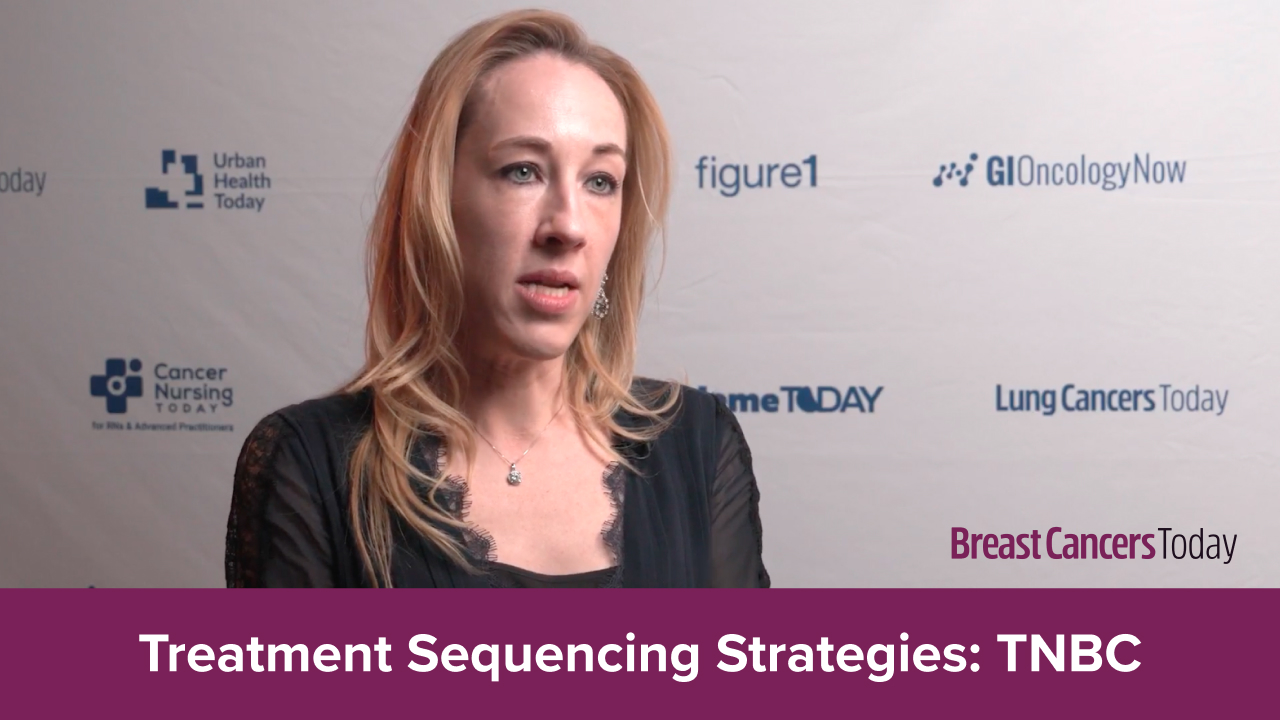


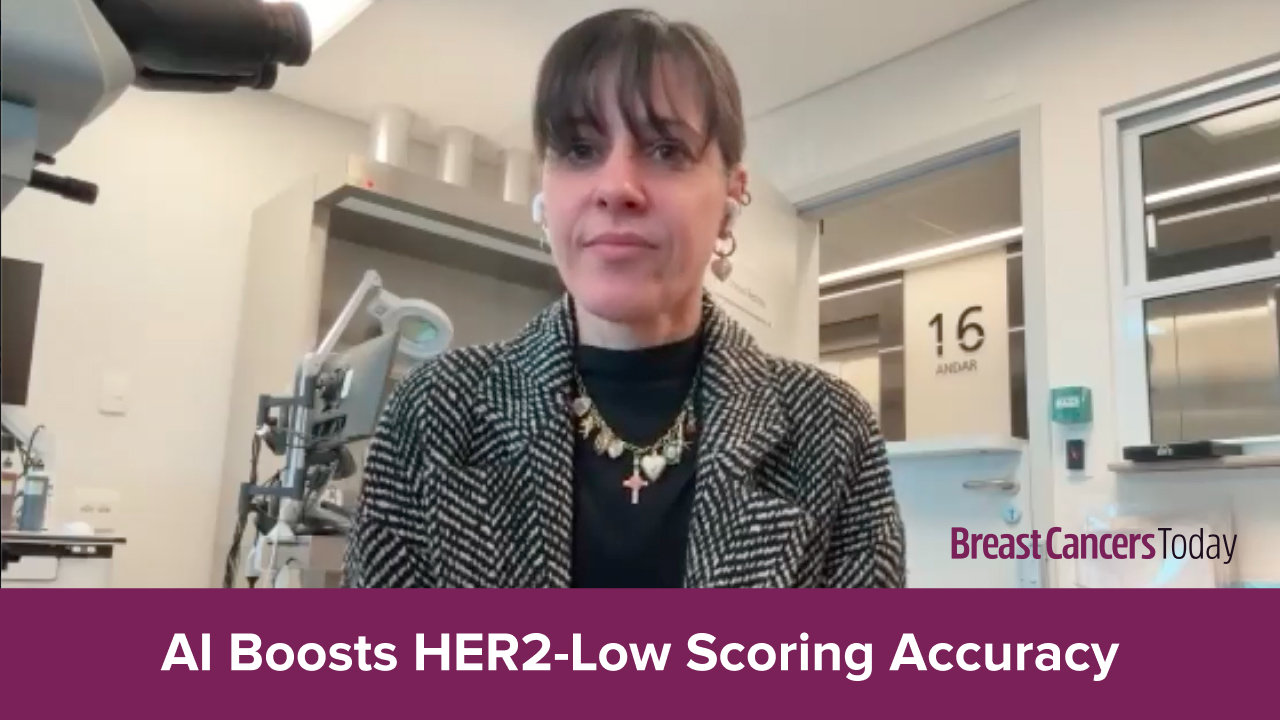
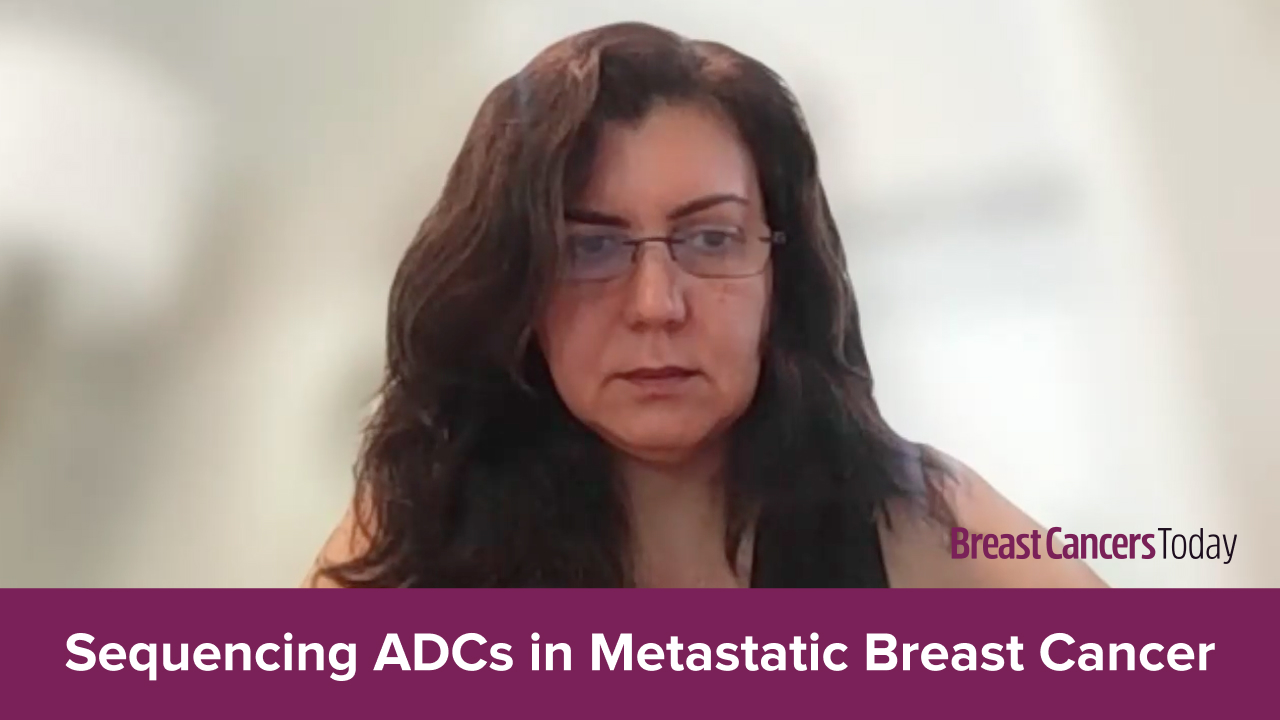
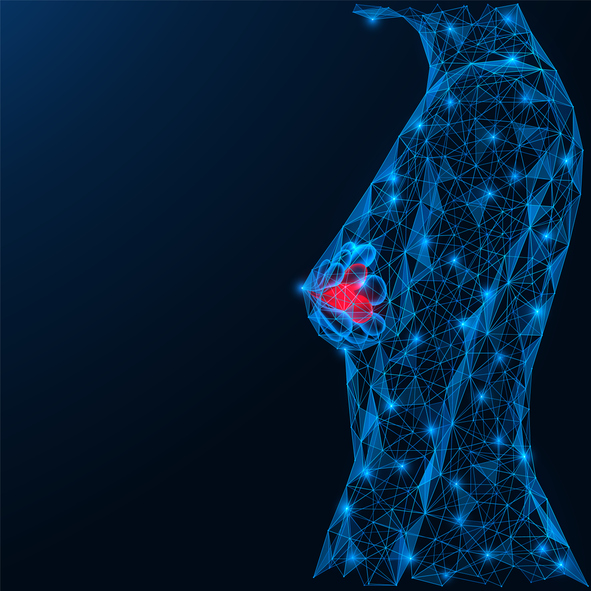
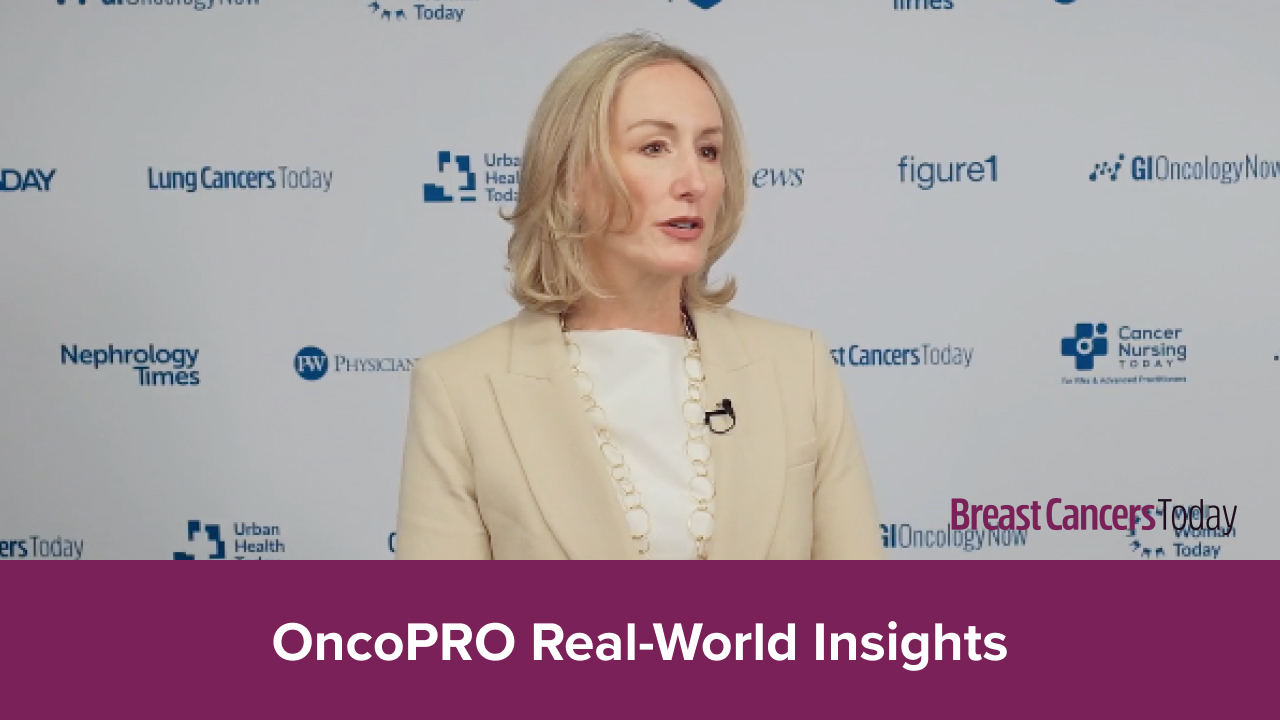
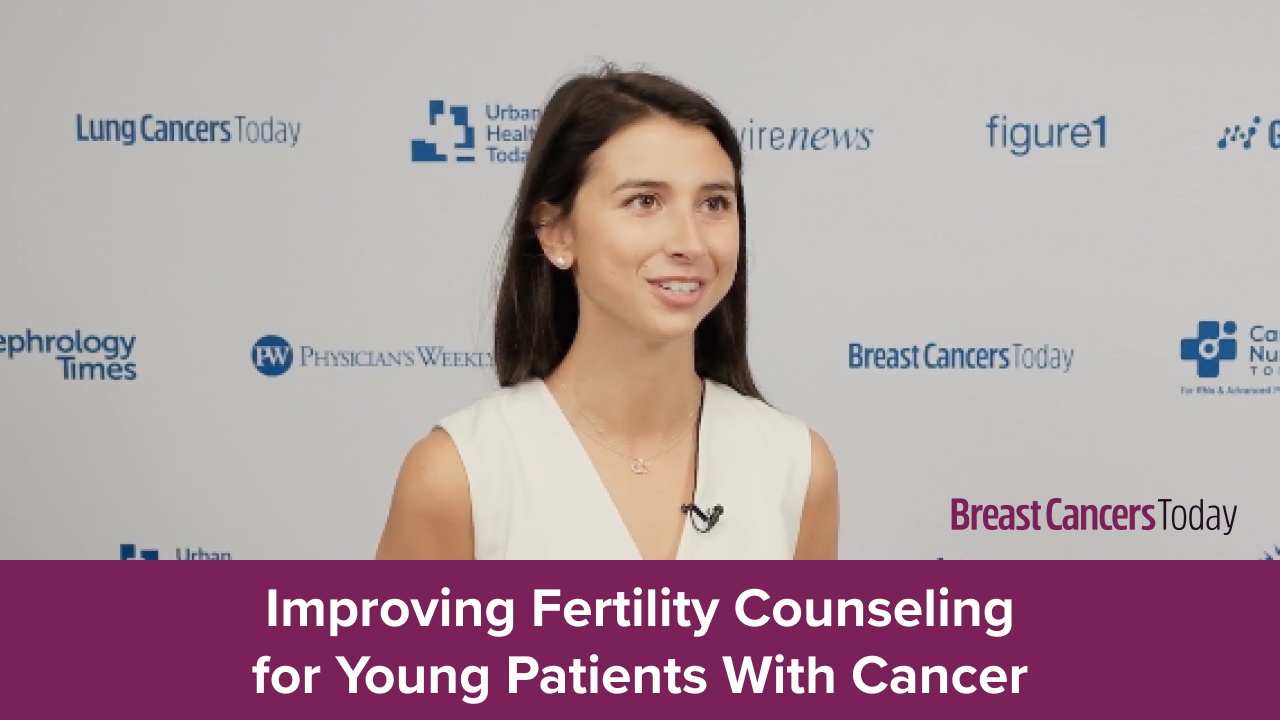
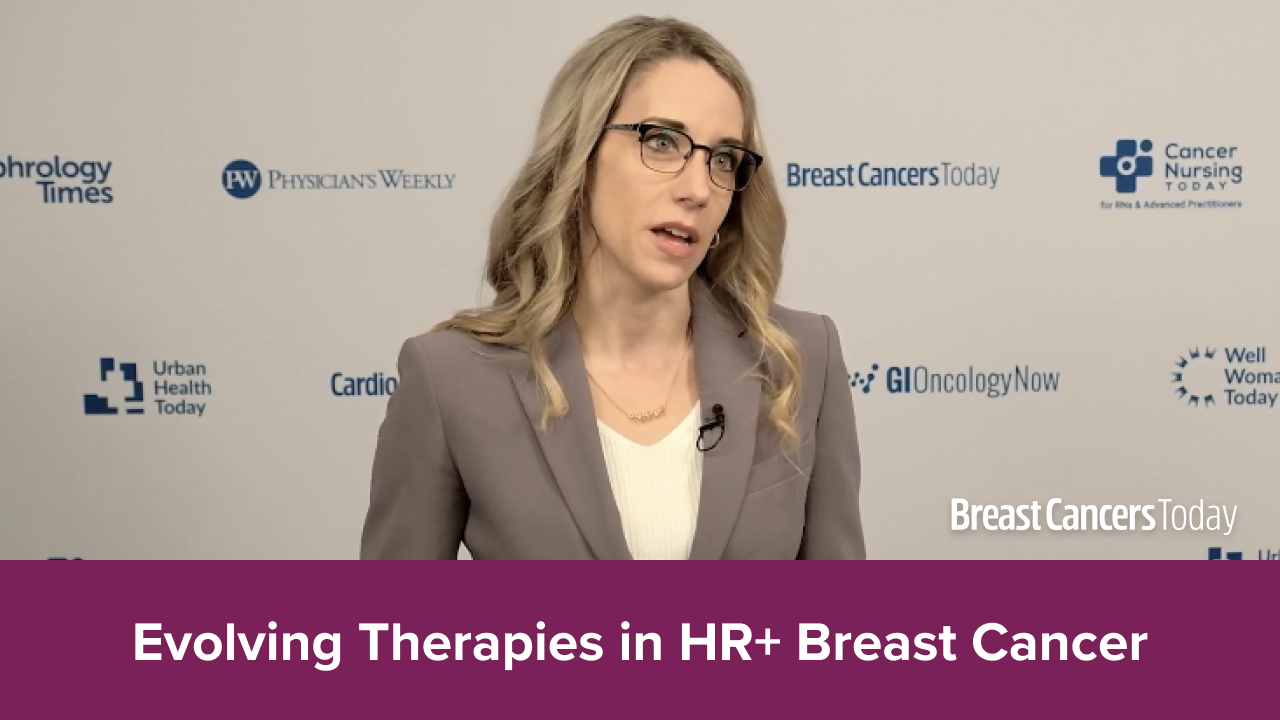
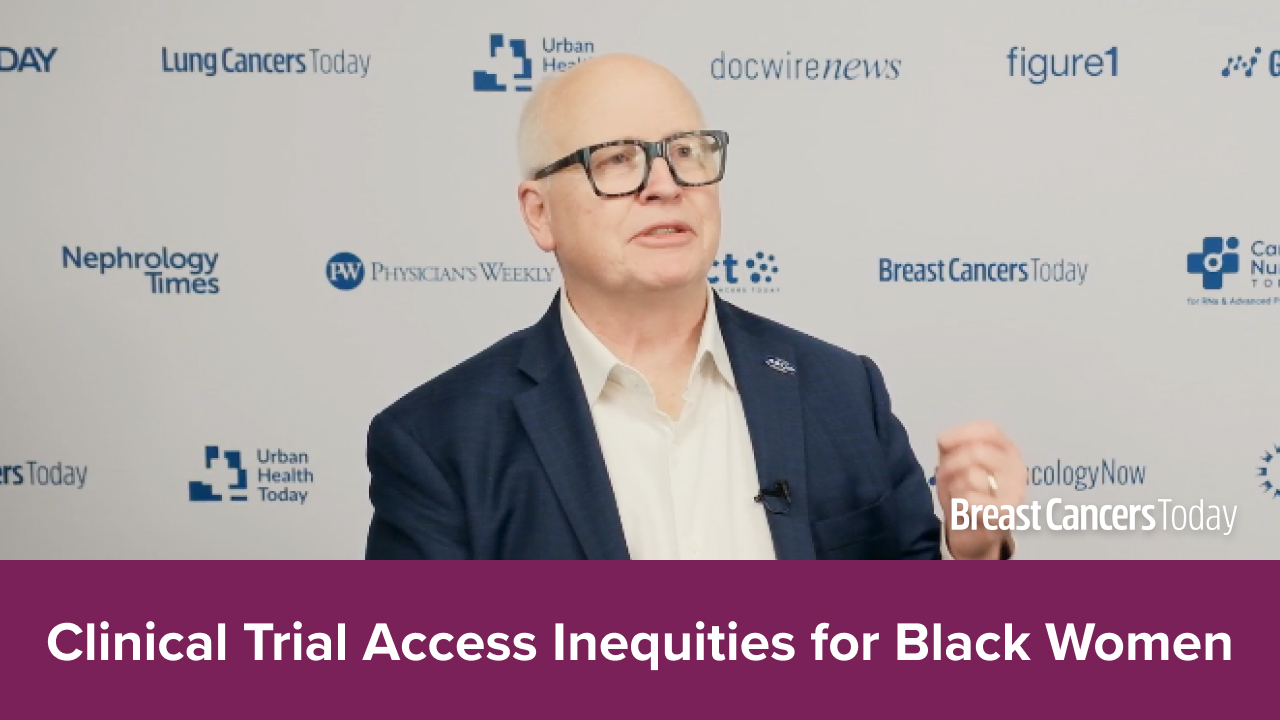
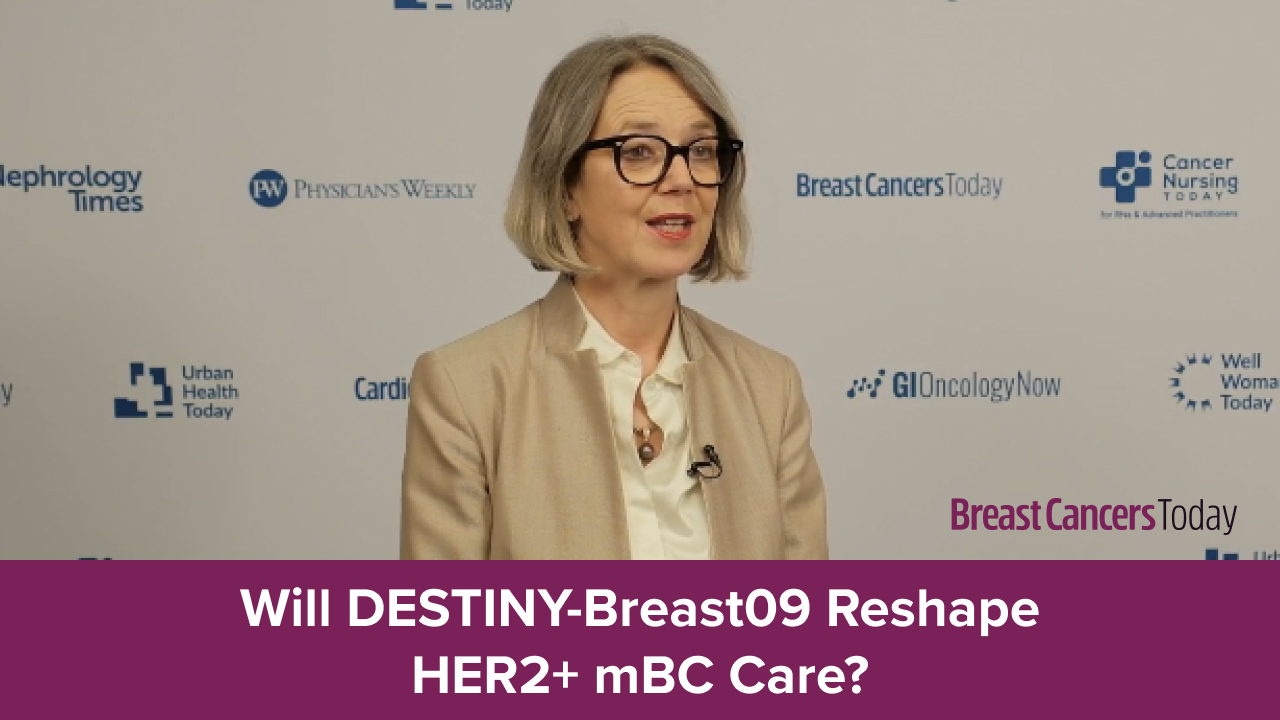
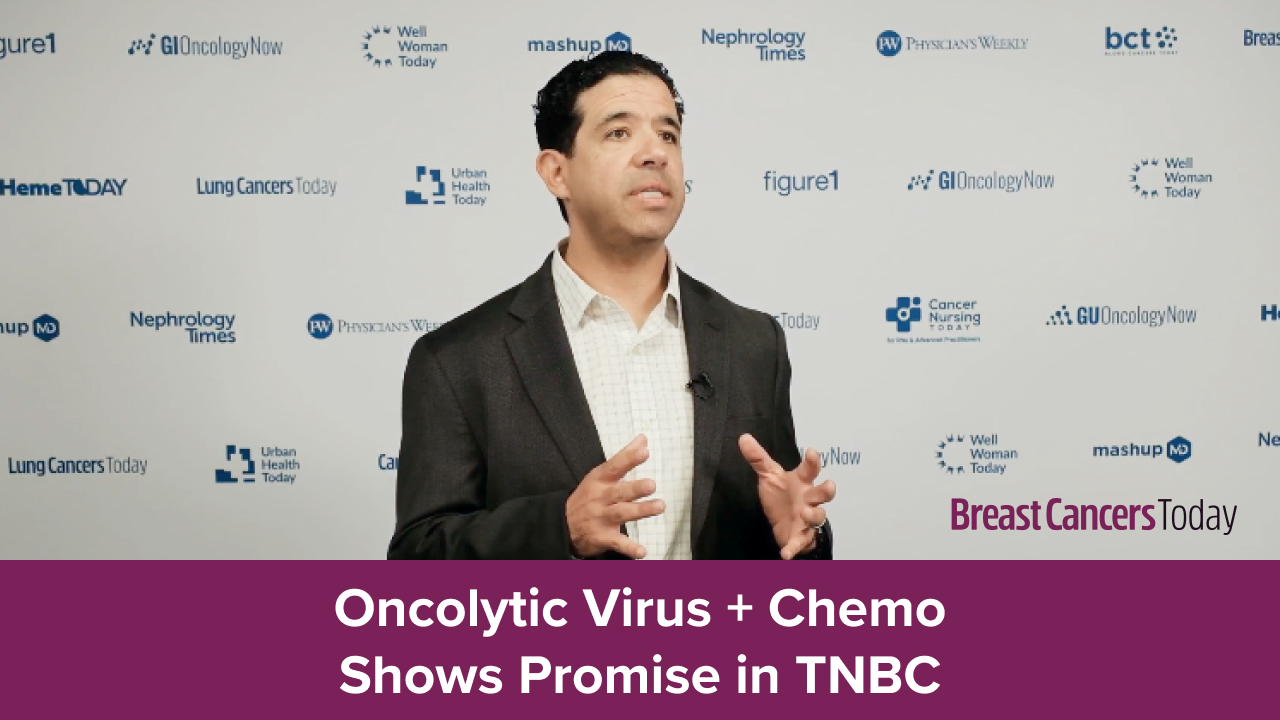


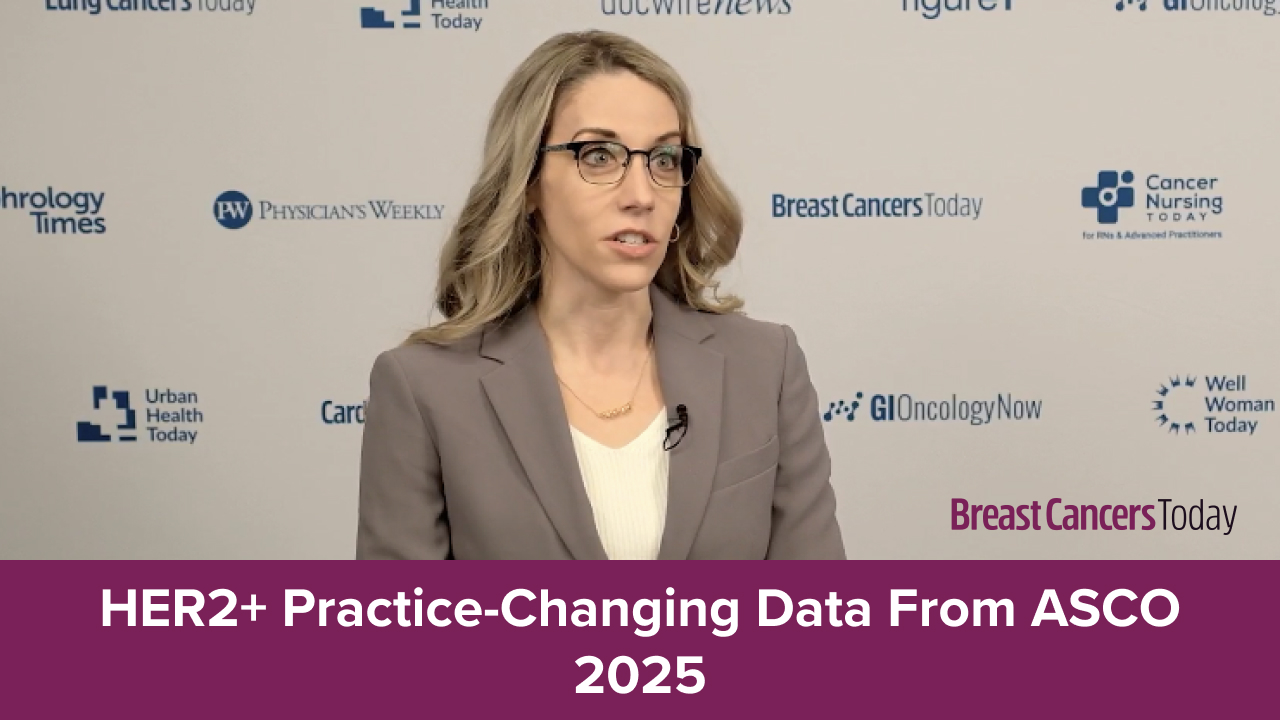
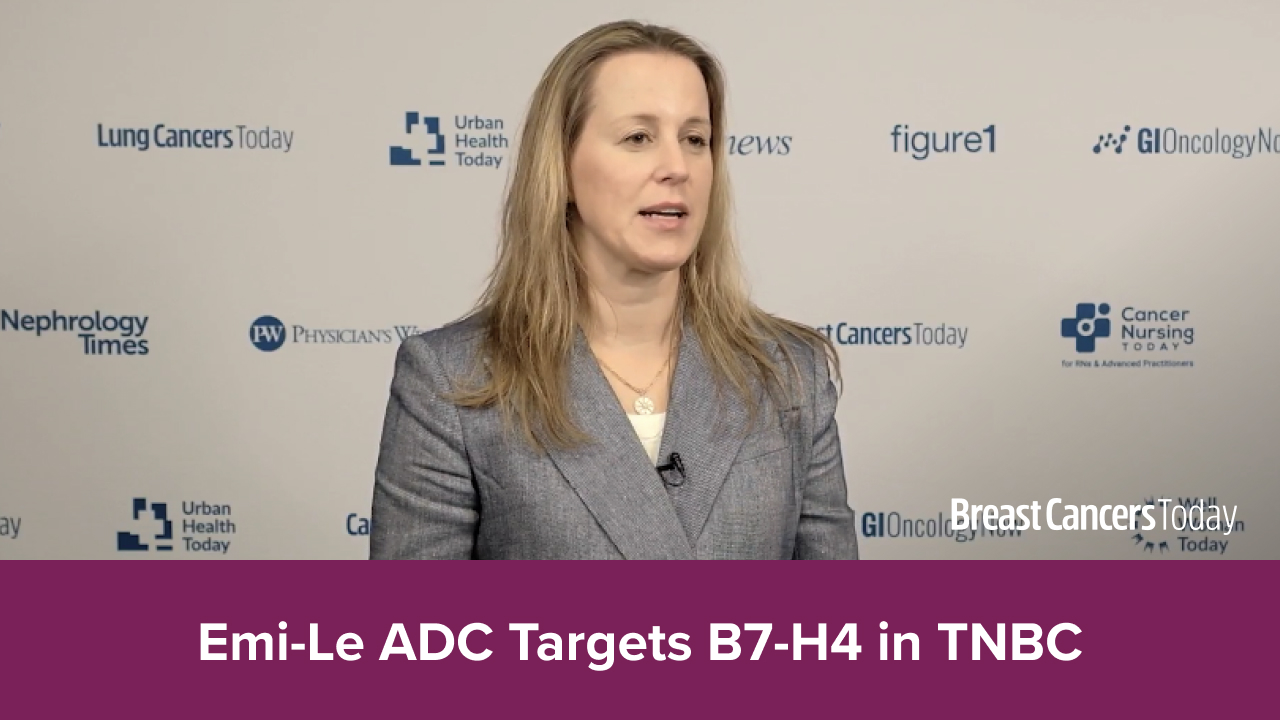
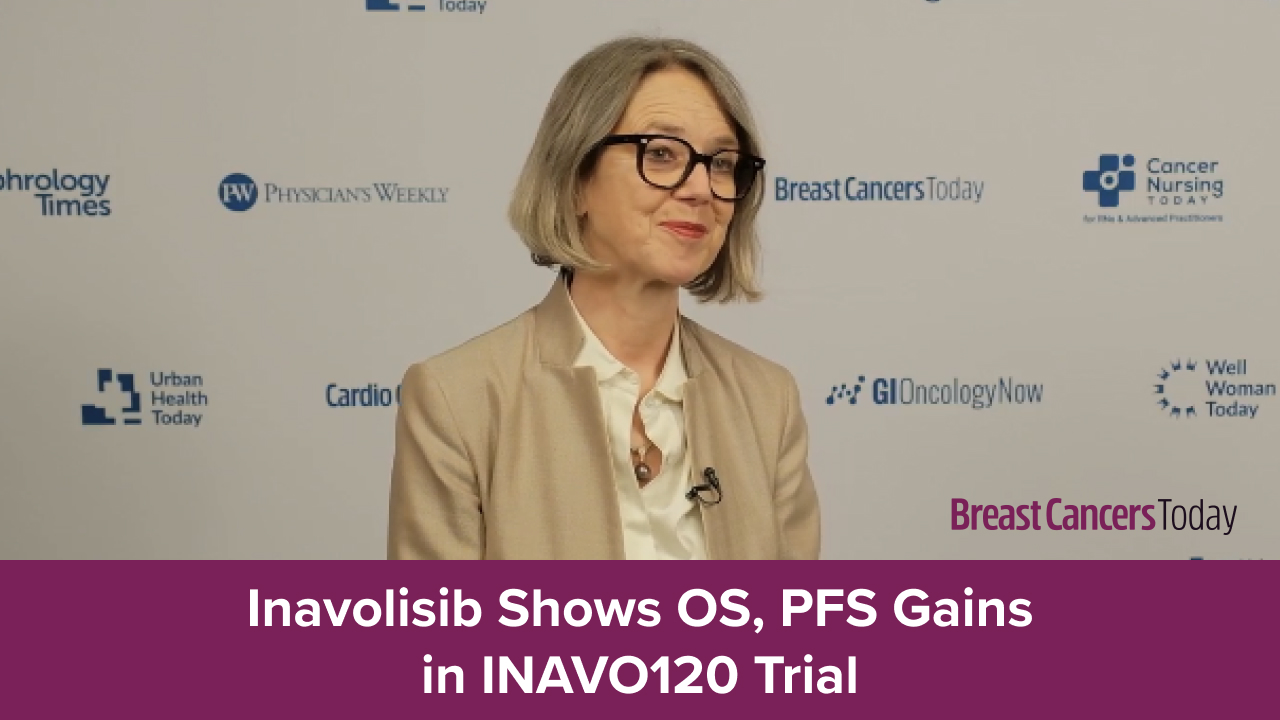

 © 2025 Mashup Media, LLC, a Formedics Property. All Rights Reserved.
© 2025 Mashup Media, LLC, a Formedics Property. All Rights Reserved.